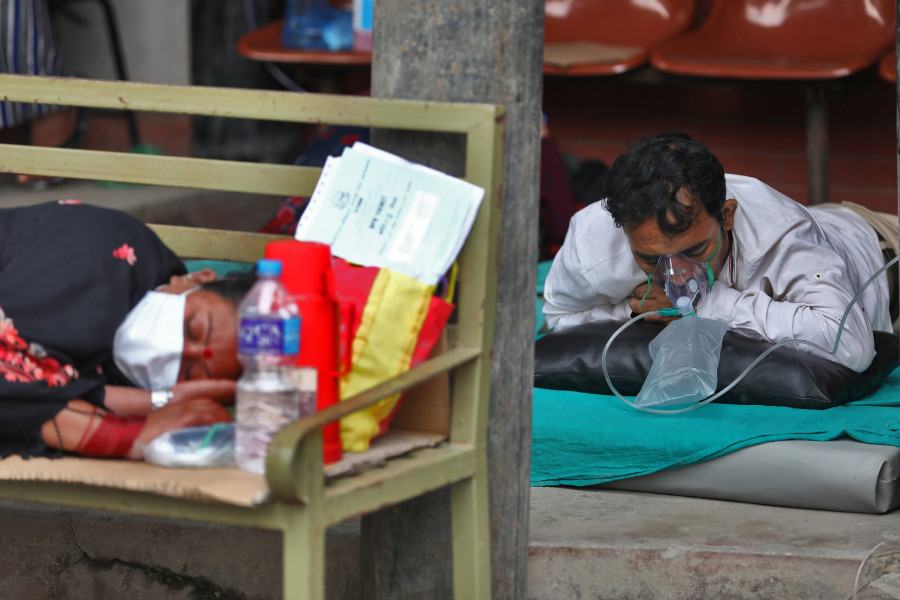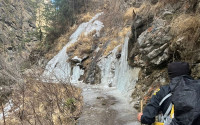National
United Nations calls for support to its Nepal Covid-19 emergency response plan
The Rs9.7 billion plan fund is being set up to assist 750,000 of the most vulnerable people affected by the pandemic.
Post Report
The United Nations on Friday launched the Nepal Covid-19 Response Plan calling for a financial support of Rs9.7 billion ($ 83.7 million) to mobilise an emergency response over the next three months to assist 750,000 of the most vulnerable Nepalis affected by the pandemic.
Issuing a press statement, the international body said that the plan was endorsed by the Nepal Humanitarian Country Team and the Government of Nepal’s Covid-19 Crisis Management Centre.
Sara Beysolow Nyanti, the UN Resident Coordinator, said that there was no time to lose and the current outbreak is having a devastating impact not just on health but across all sectors, hitting the poorest and most marginalised people in Nepali society the hardest.
“The Covid-19 Response Plan that we are launching today calls for swift action and international solidarity that is desperately needed to save lives and prevent unnecessary suffering today, tomorrow, and in the difficult weeks to come,” said Nyanti. “We have no time to lose.”
Nepal has been seeing a massive surge in Covid-19 cases since mid-April. The country for the past few weeks has been averaging around 8,000 cases per day with around 44 percent positivity rate. Experts have been suggesting that the number of new cases and fatalities could be much higher than what the government is reporting.
As of Thursday, 488,645 cases were recorded in the country with 115,852 active cases.
The Ministry of Health and Population reported Thursday, that 8,227 new infections and 190 Covid-19-related fatalities were reported in the previous 24-hours alone. The death toll now stands at 5,847.
According to the UN statement, the Nepal Covid-19 Response Plan brings together the priority response activities as set out by the Covid-19 Preparedness and Response Plan to address both the health and humanitarian consequences of the pandemic.
“The Government of Nepal is leading the response, but capacities are stretched to breaking point and international solidarity is urgently needed to assist the most vulnerable people with life-saving response activities in health, food security, education, nutrition, shelter, protection and water and sanitation,” read the statement.
The World Health Organisation representative to Nepal, Dr Rajesh Sambhajirao Pandav also called for international solidarity to fight the pandemic necessities, according to the statement.
“The recent surge in cases has resulted in an unprecedented need for medical supplies including oxygen, medicines, ventilators, diagnostic kits and vaccines,” said Pandev, “I appeal to friends of Nepal from around the world to come forward and help with fulfilling the needs of the hour.”
Likewise, Elke Wisch, UNICEF Representative for Nepal, stating that the steep rise in cases has overwhelmed Nepal’s fragile health system, called for a response to the immediate health crisis to help save lives.
“We cannot forget the devastating broader impact the current Covid-19 surge has on children and young people in Nepal. They are being cut off from vital support networks, losing parents and caregivers, and witnessing scenes no child should ever see,” said Wisch. “We must come together, nationally and internationally, if we are to prevent interrupted childhoods in Nepal from being lost for good.”




 11.84°C Kathmandu
11.84°C Kathmandu












